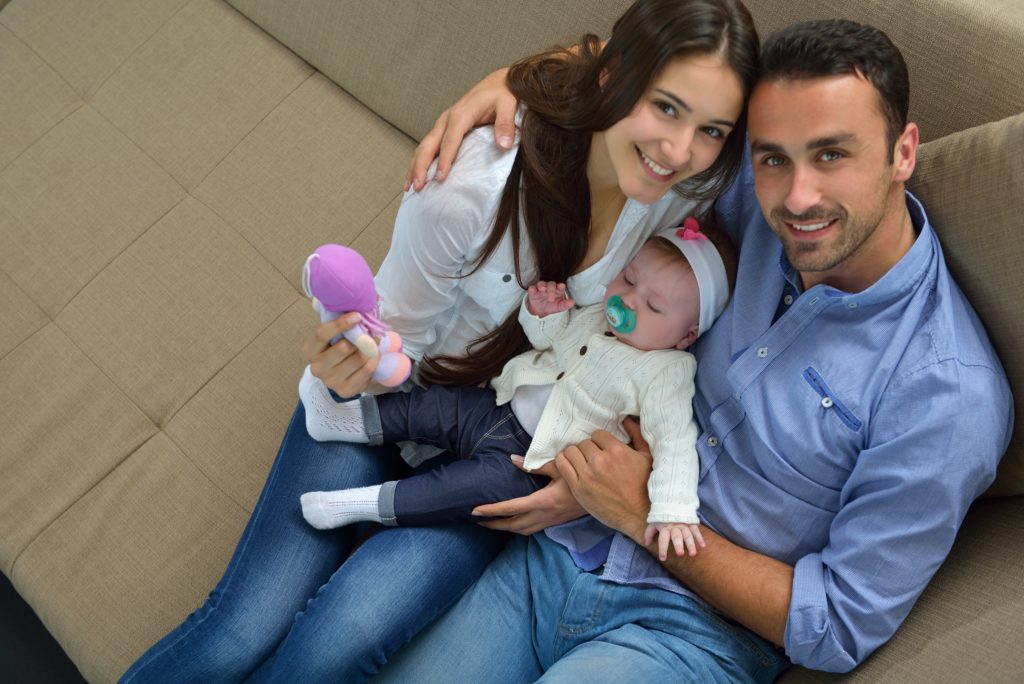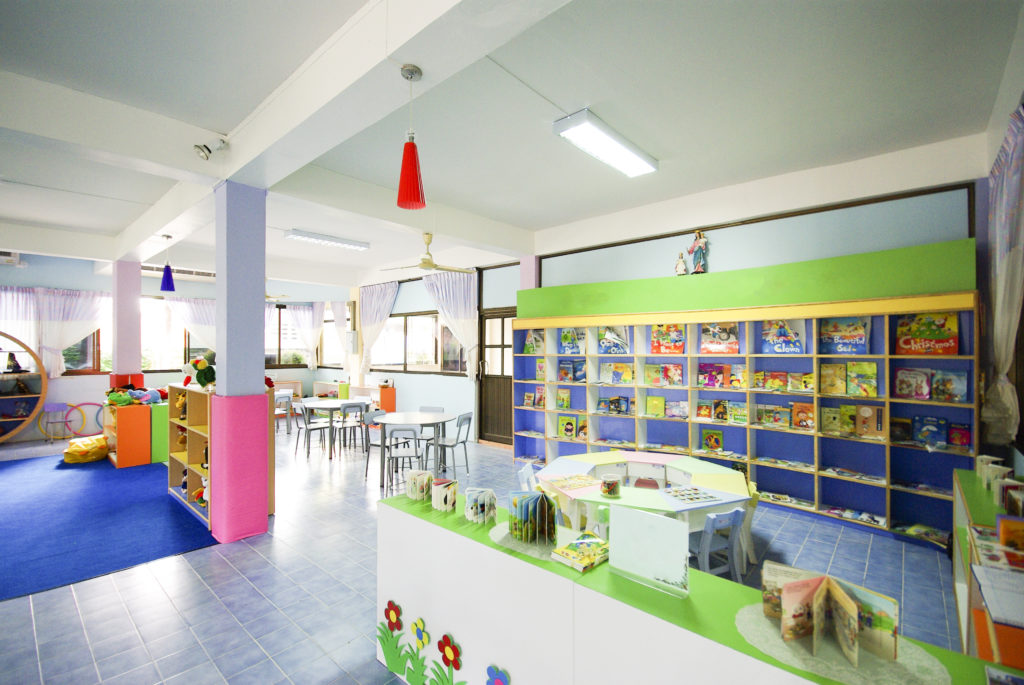How to Handle Expenses after Having a Baby

Having a baby is one of life’s most precious moments. The joy of a new addition to your household brings many years of happiness and unforgettable moments.
Life after a baby comes with added financial responsibilities that can cause unnecessary stress if they are not handled properly.
Below are seven great tips to handle expenses after having a baby.
Create a Post-Delivery Budget
There are recurring costs that come with having a baby. Diapers, food, child care, and toys are just some of the expenses that will change your household budget for years to come.
Create a realistic budget and and plan early to prevent from being caught off guard. There are some great ways to stick to a budget.
Try borrowing items instead of buying new ones. You most likely have friends or family that has a child who has outgrown clothes, and they will most likely donate or throw them away.
With a new baby, you will not be able to go out and eat as often, putting more money in our pocket.
Start an Emergency Fund
With children, it is always better to err on the side of caution. After Johnny smacks his head off of the kitchen table, you will need lots of disposable income for the emergency room visit.
Kids are accident prone, and you need to be prepared for the worst. Start building an emergency fund as soon as your child is born.
You will want to have a minimum of three to six months’ worth of living expenses as a starting point.
Start Planning for Child Care

Child care is a financial burden if you do not plan properly. The childcare obligation each month can be like paying a second mortgage.
Get started long before your maternity leave is over. It takes a long time to visit day care centers or interview babysitters.
Also, schools and daycare’s have application and approval processes that can take several weeks. Another great tip is to ask if the daycare has a referral program that allows you to get a tuition credit for referring friends.
Some centers offer discounts for teachers or military members and offer prepayment incentives. It never hurts to ask!
The early years of your children’s’ lives are essential and finding a quality solution within an affordable budget is challenging.
Add Your Child to your Health Insurance Plan
The chaos and excitement of a new baby delay some of our other financial priorities. One of these is adding your baby to your health insurance plan.
Most of the time you have about one month from your child’s date of birth to add him or her to an existing policy. However, with the chaos of night feedings, diaper changes, and sleepless nights, this step can quickly be forgotten.
Set reminders in your phone, write it down or place sticky notes on the fridge. You do not want to get caught with a sick baby and no health insurance coverage.
Cut Out Extra Spending
As a new parent, you have to create a list of your monthly expenses and decide where you can cut even a small amount of money.
A 3 dollar morning coffee on the way to work can cost more than %1,000 per year! With Netflix, Hulu, and Amazon Prime Videos, there are lots of options that you can part ways with the pricey cable.
You will have the extra time to spend with your children, and you will probably be a lot happier. You should also consider buying second-hand clothes.
It is a waste of money to buy brand new outfits that your child may only wear once or twice. You can find quality shoes at thrift stores and yard sales for a fraction of the price.
Create a list of family and friends that you can ask for hand-me-downs. This tactic is a great way to weather the storm of expensive baby needs.
Make Your Own Baby Food
 Making your baby food can save tons of money. You will know what your baby is eating, and it is a cheaper alternative to the overpriced brand names.
Making your baby food can save tons of money. You will know what your baby is eating, and it is a cheaper alternative to the overpriced brand names.
Pre-made baby food can cost as much as ten dollars per day. The Baby Bullet is a budget-friendly gadget that makes baby food prep a breeze.
You can also use a standard blender You can store the finished products in the freezer for up to three months at a time.
This process will eliminate the weekly trips to the grocery store. Use nutrient-dense and budget-friendly foods like sweet potatoes, carrots, peas, and apples that have a longer than average shelf life.
Make your Own Toys
Toys are expensive, and your baby loses interest in them very quickly. You will soon find out that your baby is more interested in playing with the box instead of the actual toy.
When you have infants, some simple colors and textures will keep them happy and stimulated. Boxes and wrapping paper make simple toys that will keep your baby entertained for hours.
Just be careful of sharp edges or staples that could cause harm to your baby.
Babyhood is a once in a lifetime process. You want to spend these precious years of your child’s life making memorable moments instead of worrying about finances.
Be proactive, create a realistic budget, and stay consistent. Before you know it, your baby will be a toddler and the days of formula, diapers, and new clothing will be long gone!
Category: Family Finances




